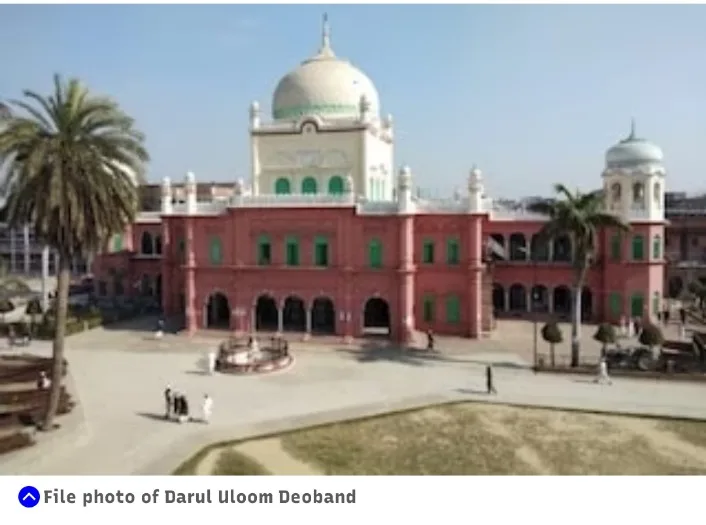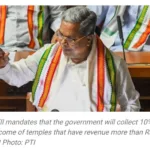Darul Uloom Deoband, one of the largest Islamic seminaries in the country, has ignited controversy by issuing a fatwa that validates the concept of ‘Ghazwa-e-Hind’—interpreted as a holy war against India. This fatwa claims that those who become martyrs in this war will attain the status of great supreme martyrs.
The seminary responded to an online inquiry regarding ‘Ghazwa-e-Hind,’ citing ‘Sunan an-Nasai,’ one of the ‘Kutub al-Sittah’ (six major hadith collections), as a reference. According to the seminary, this hadith, narrated by Hazrat Abu Huraira, discusses the commitment to fight for ‘Ghazwa-e-Hind,’ with the willingness to sacrifice wealth and life for the cause. This interpretation has raised concerns about the ideological teachings within Islamic institutions.
National Commission for Child Protection’s Response:
The National Commission for Child Protection (NCPCR) has strongly criticized the fatwa, labeling it as ‘anti-national.’ NCPCR chairman Priyank Kanungo expressed worry over children at Darul Uloom Deoband being taught about ‘Ghazwa-e-Hind,’ emphasizing that those sacrificing their lives for this cause are considered supreme martyrs. The commission has urged Saharanpur authorities to file a First Information Report (FIR) under sections related to treason.
Priyank Kanungo highlighted the potential dangers of indoctrinating children with an ideology that encourages hostility towards India. The controversy has triggered debates about the influence of religious institutions on regional stability and the broader implications of such ideologies, especially when propagated within educational settings.
Darul Uloom Deoband’s Role:
As the largest Islamic institution with a network of madrassas in India, Pakistan, and Bangladesh, Darul Uloom Deoband’s fatwa raises questions about the responsibility of religious institutions in shaping ideologies and their impact on the socio-political landscape.
The ‘Ghazwa-e-Hind’ fatwa has brought to light the potential intersection of religious teachings and political dynamics. The controversy underscores the need for a nuanced understanding of the role played by institutions like Darul Uloom Deoband in shaping religious ideologies and their implications on regional peace and stability.




